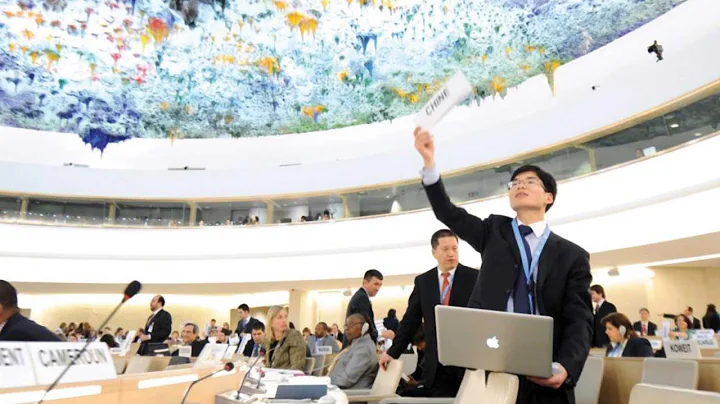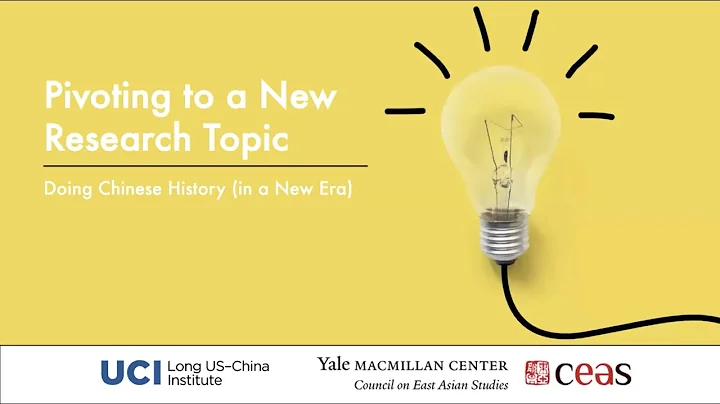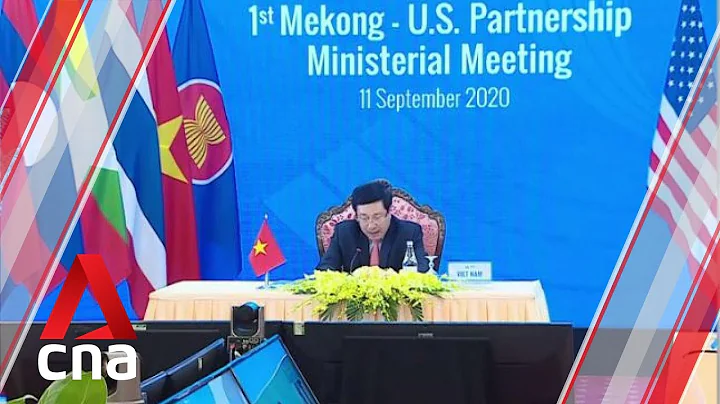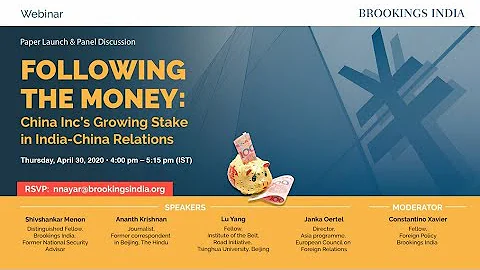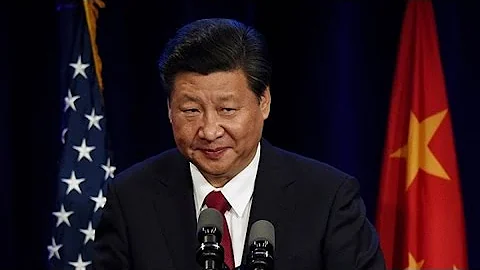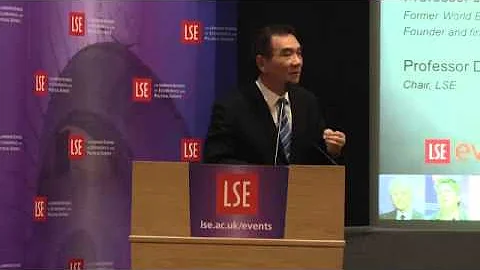—Editor’s note —
To in-depth development of party history, national history, reform and opening up history and socialist development history, "Four Jin History" study and education, to the birthday of the Communist Party of China The District Party Committee Propaganda Department, Jin'an District Federation of Literary and Art Federations and Fuzhou Daily organized the Jin'an District red cultural writers gathering activity, inviting more than 20 provincial and municipal writers to go to the front line, explore the red background of Jin'an, sort out the red resources of Jin'an, and use literature Record the ups and downs and touch the original intention of the revolutionary ancestors. Relevant articles were included in the Supplement of "Yongquan Township Music" "Jin'an District Red Culture Special" in June 2021, showing the glorious years of revolutionary struggle in Jin'an in an all-round way.

Today, as we bring the National Music College in Fujian revolutionary struggle story
music in the upright
◎Li Shengmin
With the process of urbanization, a huge commercial complex has been erected along the second ring road where the old villages gathered. It is hard to imagine that the two remaining wooden archways of the Ming Dynasty in Fuzhou, the Zhuyu archways, are next to this prosperous commercial center.One step away, from now on, across the tradition, the cultural and historical inheritance of Zhuyu Village has also begun.

Whether it is one of the earliest academies in Fuzhou, the Zhulin Academy, or a series of "Anecdotes of the Seven Sages of the Bamboo Forest of Deng Wenruo" in Fuzhou. The name, the cultural and educational heritage of Zhuyu Village is well known to everyone.
What is little known is that Zhuyu Village, where the culture prevails, has a profoundly influential red memory.
A music school that nurtures talents, the sound of the piano should be melodious and the singing should be around the beams, a group of young people who are interested in the music career should fly to the fingertips to compose music, and the country can be difficult to fight. At present, the enthusiastic young musicians take the responsibility of their husbands, composing passionately with music, and the former quiet music program has become a "red music program", full of the heroic past of the revolutionary struggle.
National Fujian College of Music, its predecessor was the Fujian Provincial Music College established in Jishan, Yong'an in 1940. In 1942, it was changed to the Nationalist Government’s Ministry of Education. .
National Fujian Music Academy was one of the only three highest music institutions in the country at that time.Since Shanghai Music Academy is in an occupied area, it is also incorporated into it, and the teaching team of Fujian Music Academy is full of talents. Students from the Southeastern provinces have come here, including young people who have participated in the anti-Japanese national salvation movement, ideological advancement, and even underground party members who have led various revolutionary groups. Their participation has actively promoted the Red Movement in Fujian Music Academy.
After the victory of the Anti-Japanese War, in March 1946, Fujian Music Academy moved to Fuzhou from Yong’an. As the new school building originally scheduled for the warehouse had not been completed, only a temporary place could be found. This temporary school building is a dilapidated ancient temple and some private houses in Zhuyu Village outside the East Gate of Fuzhou.
In Zhuyu Village, the material conditions of the music school are extremely poor and the teaching equipment is rudimentary. During the day, the students attend classes in a dimly-lit temple, and in the evening, they study under a star-like canola lamp. The few pianos are incomplete, and some of the keys are incomplete. The hard environment has not weakened the students' enthusiasm for learning. They not only practice diligently, but also hold various academic activities on weekends, and the learning atmosphere is strong.
When the teachers and students were full of hope and determined to rebuild this higher school of music after the war, they would not have thought that their good expectations for the future would be ruthlessly destroyed by another war.
Chiang Kai-shek The government tore up an agreement and launched an all-out attack on the liberated areas,Soon, an anti-hunger, anti-civil war, and anti-persecution student movement spread throughout the country.
The Fujian Music Academy, which has a solid revolutionary foundation accumulated during the Anti-Japanese War, played an important role in this movement. The first victory of the anti-civil war and anti-persecution movement in Fuzhou City originated from the "Lin Qinci Incident" which caused a sensation in the city at that time in Fujian Music College.
In January 1947, Lin Qinci, the chairman of the Fujian Music College Students Autonomous Association, invited Li Changji from Zhuyu to Nantai for the academic debate to be held the next day. The students returned to school to prepare for the competition. While taking the bus, I met a group of Kuomintang soldiers who wanted to blackmail with a bottle of red ink. They pretended to be hit and wounded and were injured. They demanded compensation from Lin Qinci. Lin Qinci was just a poor student with no money. How to get the money, the soldiers rallied and attacked the unarmed Lin Qinci, from the street to the end of the street. Even if Li Changji was on the sidelines trying his best to clear the siege, only one person could resist a group of red-eyed barbarians.
Li Changji sent Lin Qinci to a nearby hospital. The doctor diagnosed that he was seriously injured and must be sent to a larger hospital for treatment. On the way to the big hospital, they encountered the soldier ruffian again. They forcibly dragged Lin Qinci out of Li Changji's arms and beat him again, causing him to faint. Fortunately, people rushed to kneel and begged, only to escape.
rare national colleges and universities in the province,The chairman of the dignified Student Self-Government Association suffered a brutal and inhuman attack by a group of Kuomintang soldiers. This incident is not unimportant. The teachers and students in the school were all sad and indignant when they heard about this. That night, under the name of "All the teachers and students of the National Fujian Music College", the students of the music college posted on the streets of Fuzhou City overnight and distributed "The students of our school were beaten and seriously injured by the wounded soldiers for no reason." Flyer of "Book to Compatriots".
Overnight, the city was full of wind and rain. The principal Tang Xueyong wrote a letter to Fujian Provincial Government Chairman Liu Jianxu, strongly demanding that the perpetrators be severely punished, the assaulted students should be sent to the hospital for treatment, and the students apologized. In the early morning of the next day, all teachers and students of the Music School walked into the city from Zhuyu Village to demonstrate. They used the speech contest venue to accuse students from seven colleges and universities of the crimes of the Kuomintang reactionaries. In the Shangyou Hall of Huaxiang, Fuzhou, the student representatives complained with tears.
Frightened by the power of the masses, the chairman of the provincial government Liu Jianxu personally went to the Zhuyu Village Music School to apologize to teachers and students and promised to ensure the safety of teachers and students. In the end, they were responsible for medical expenses, compensated for the losses, and transferred the perpetrators to the "Military Court." This protest was quelled.
This violence of beating students is like a tipping point, igniting the patriotic passion and sense of justice of the passionate teachers and students. Unprecedented patriotic sentiment and solidarity will surely inspire tremendous power. They hate the Kuomintang’s reactionary crimes, care about the destiny of the country, and have a sense of mission. Teachers and students with their homeland and country in their hearts and minds fought against the enemy, and finally won.
victory in this fight,In addition to the unity of patriotic teachers and students, the Fuzhou Academic Committee of the Underground Party and the Party Branch of the Music College played a decisive role. The struggle has injected strong momentum.
Therefore, after the struggle, a group of outstanding underground parties took over the work of the Ministry of Academic Affairs and other departments, turning the Fujian Music College Student Self-Government Association into a peripheral organization of the party, uniting patriotic teachers and students, Actively strive for intermediate teachers and students, and through various academic activities, strengthen the connection between students and spread progressive ideas.
In the red movement of the National Fujian Music College, a large number of people with lofty ideals emerged. As young people interested in music, they worked hard to learn music knowledge, while patriotic and devoted themselves to revolution. Incorporating music works, he created a large number of patriotic songs and sang them in the streets and alleys.
Ye Lin, the vice chairman of the Music Student Union and the head of the academic department, founded the publication "Music Learning", which was the most influential publication in the country after the South Anhui Incident. Later, the continuation of the new music movement.
After the victory of the Anti-Japanese War, many new musicians in the Kuomintang ruled areas participated in music academies, training music backbones on the one hand, and engaged in more hidden work on the other. The "Music Learning" founded by Ye Lin and his comrades was recognized by the revolutionary music circle and the party.In the two years since the publication was founded, it has become a position for revolutionary musicians to promote progressive ideas.
During the Anti-Japanese War, the underground parties in the Southeastern provinces were ordered to connect with Fujian due to the dangerous local environment. Tan Qingfeng came from Guangdong after the "Northern Guangdong Incident". Dedicated underground party members. After a series of struggle movements, she saw Ye Lin's enthusiasm for the revolution and loyalty to the party. Under her introduction, Ye Lin joined the Communist Party.
Four students, including Ye Lin, were unfortunately arrested in response to the instructions of the "June 2" national strike. In order to avoid student resistance, the Kuomintang forced colleges and universities to have summer vacation ahead of schedule, and students were forced to leave the school. When the school was cleared, the underground party branch of the Music School decided to keep some party members living in the homes of villagers in Zhuyu Village, and regularly sent food and daily necessities to the detained classmates, and gave spiritual and material support, even when they returned to their hometowns. The students also actively raise funds for the needy friends, and send them to the students who stay in school as relief funds.
The classmates outside are actively helping, and the arrested classmates are also fighting an extraordinary struggle in prison. No matter how severe the KMT is, no matter how bad the environment is or the mental abuse is impossible. Destroy the defense lines of patriotic students. The music college and the students arrested in various colleges united to resist the struggle together, and also shared assistance with each other.
At that time, only four students of music major were able to often receive support from alumni.The power of the Fujian Music Academy’s underground party is evident.
The firm belief of the students will not be shaken by any coercion or temptation. Of course, the reactionary authorities cannot get the slightest value from them, and they are forced to survive the pressure of public opinion from all aspects of society. After a whole scorching heat, the arrested students were finally released.
After that, the patriotic teachers and students of Fujian Music College participated in the struggle in various ways and ran for revolutionary activities. Many of them have not only contributed to the cause of music, but also devoted their young lives to the cause of revolution.
The broken piano still plays loud music, and the hard struggle cannot extinguish the passion of patriotic teachers and students. Using music as a weapon, they rose up against it, and with music as their faith, they shed their blood. In the face of the country’s destiny, even the old graceful musicians who did not eat fireworks can use their methods to show their loyalty and determination, firmly and stubbornly. Played a majestic symphony.
Although the temporary school of the National Fujian Music School in Zhuyu has only stayed for more than a year, it has left a strong mark for the Red Revolution in Zhuyu Village. Compared with other music colleges, the Fujian music college underground party has the longest history of struggle, the sharpest, and the greatest sacrifice. It can be said that the National Fujian Music Academy cannot be bypassed whether it is in the history of modern music or the history of revolution.
Source: "Yongquan Village Music" supplement
.
